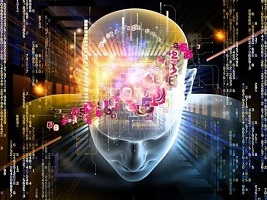
Bosch has established ethical “red lines” for the use of artificial intelligence (AI). The company has now issued guidelines governing the use of AI in its intelligent products.
Bosch’s AI code of ethics is based on the following maxim: Humans should be the ultimate arbiter of any AI-based decisions. “Artificial intelligence should serve people. Our AI code of ethics provides our associates with clear guidance regarding the development of intelligent products,” Bosch CEO Volkmar Denner said at the opening of Bosch Connected World (BCW), the company’s annual IoT conference in Berlin. “Our goal is that people should trust our AI-based products.”
AI is a technology of vital importance for Bosch. By 2025, the aim is for all Bosch products to either contain AI or have been developed or manufactured with its help. The company wants its AI-based products to be safe, robust, and explainable. “If AI is a black box, then people won’t trust it. In a connected world, however, trust will be essential,” said Michael Bolle, the Bosch CDO and CTO. Bosch is aiming to produce AI-based products that are trustworthy. The code of ethics is based on Bosch’s “Invented for Life” ethos, which combines a quest for innovation with a sense of social responsibility.
Over the next two years, Bosch plans to train 20,000 of its associates in the use of AI. Bosch’s AI code of ethics governing the responsible use of this technology will be part of this training programme. Bosch’s AI code of ethics stipulates that artificial intelligence should not make any decisions about humans without this process being subject to some form of human oversight. Instead, artificial intelligence should serve people as a tool. Three possible approaches are described. All have the following in common: in AI-based products developed by Bosch, humans should retain control over any decisions the technology makes.











